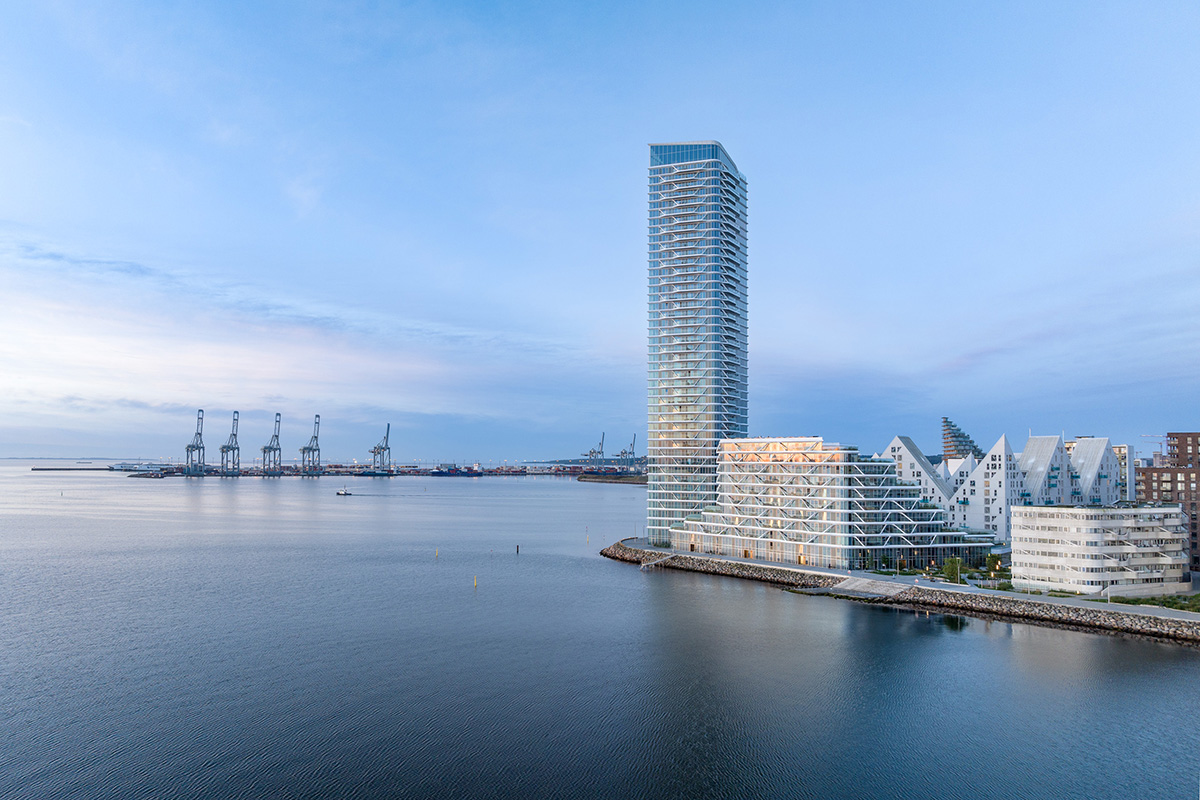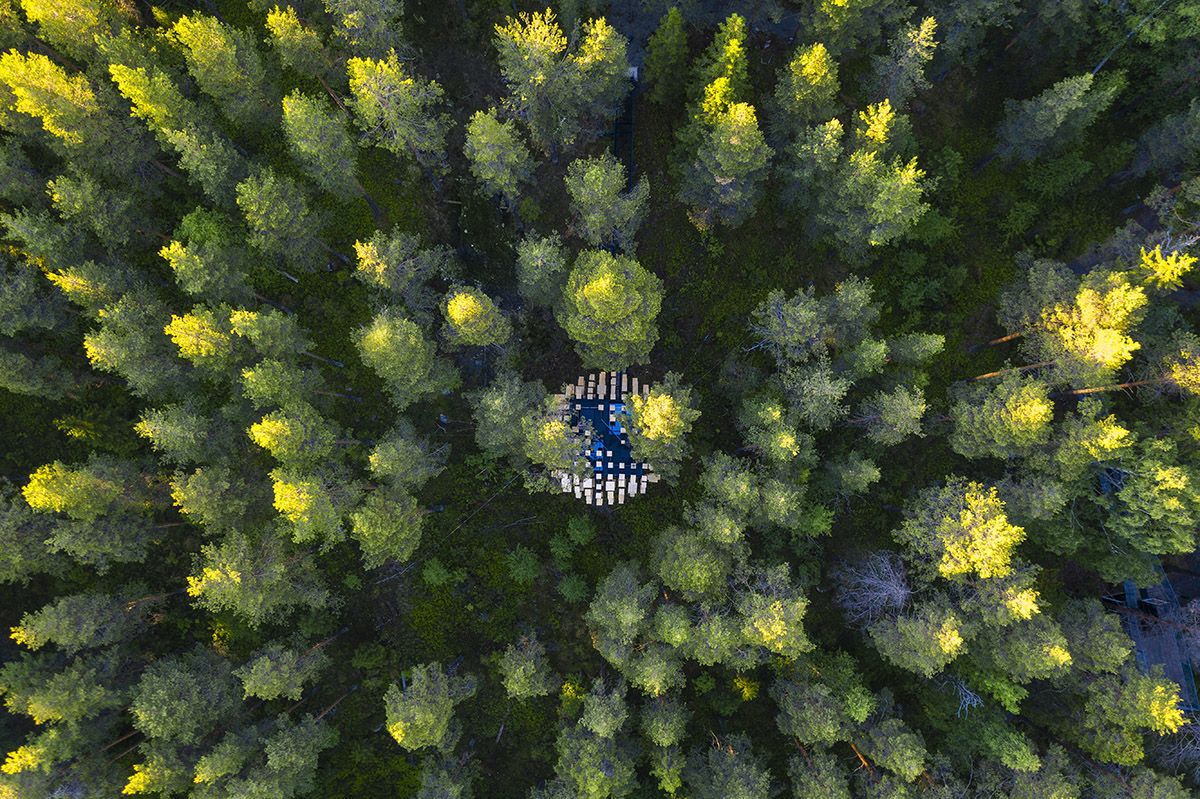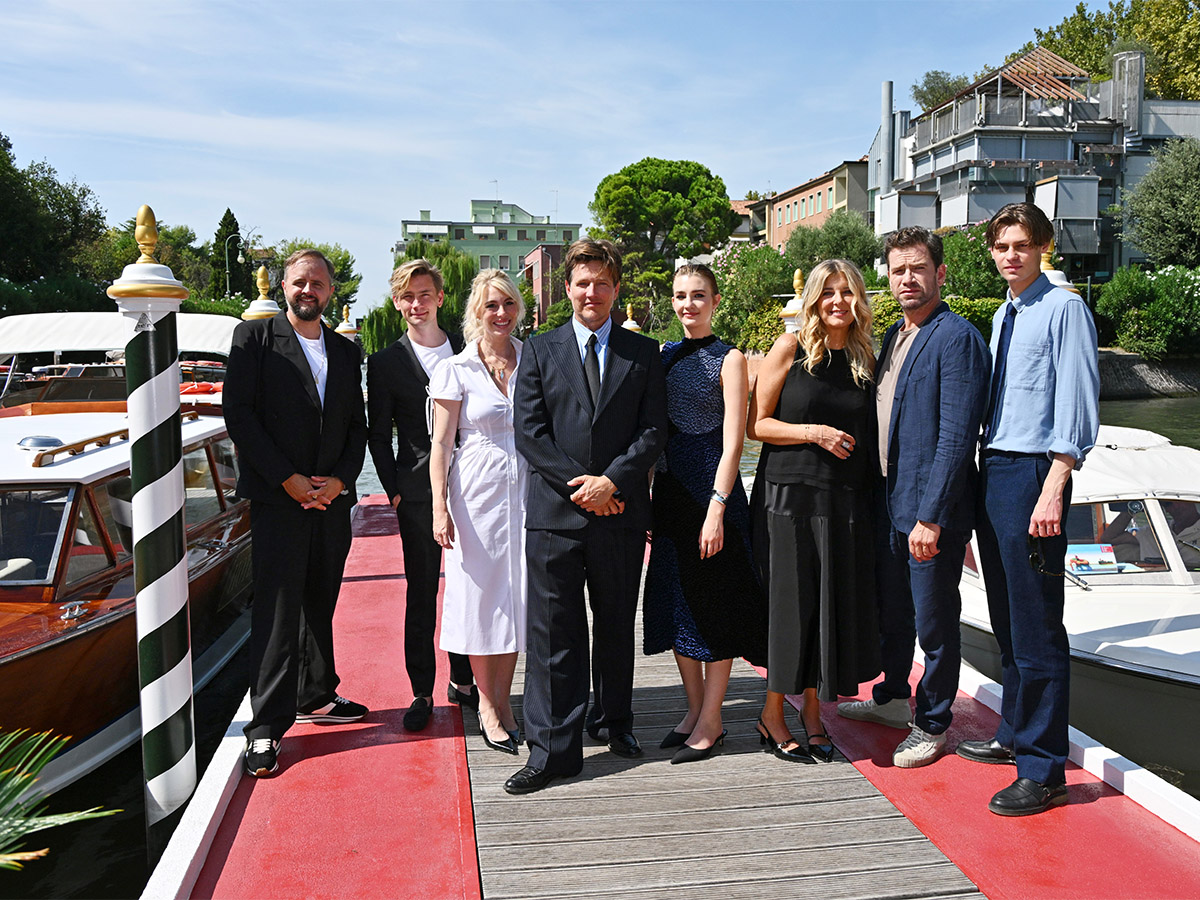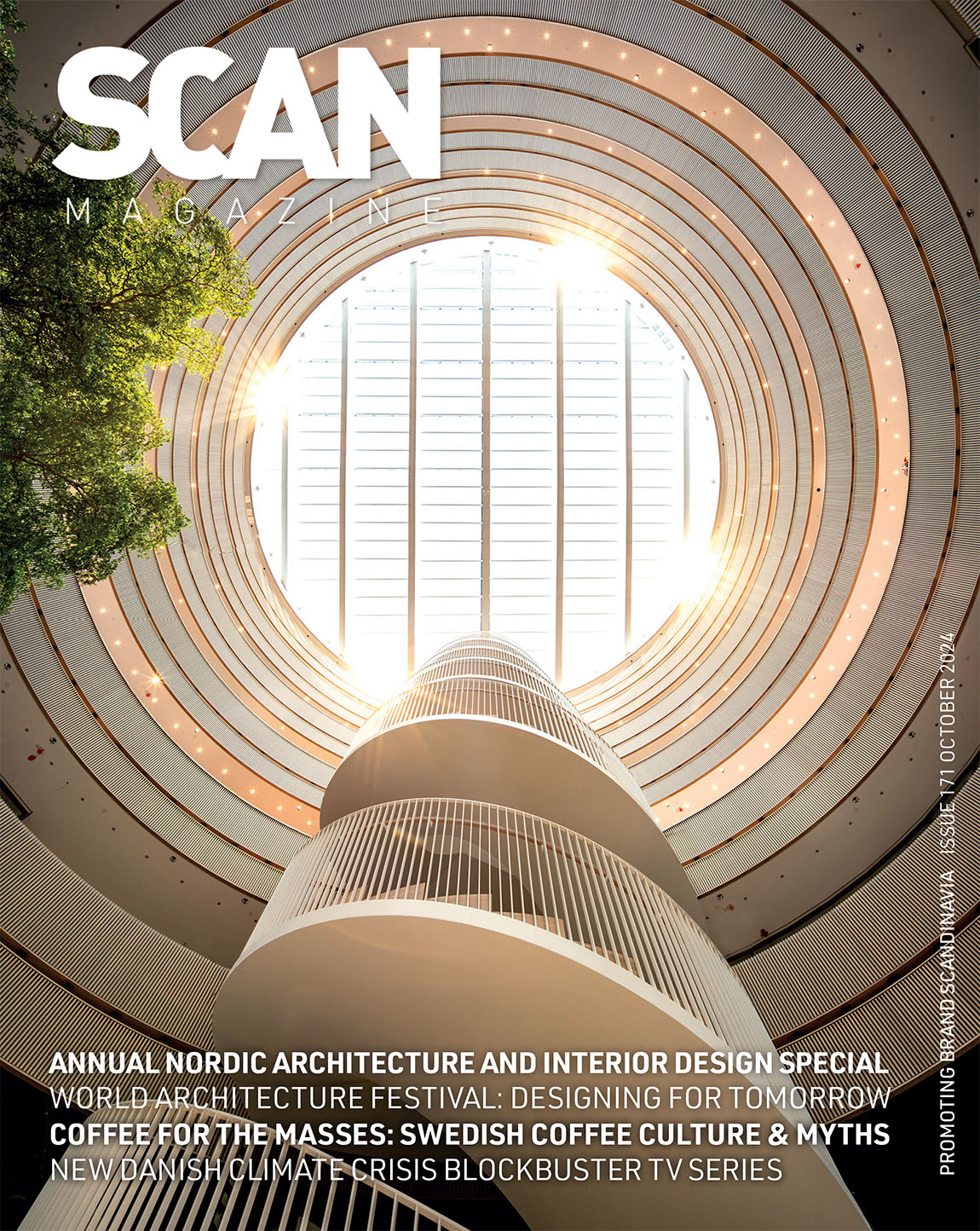Janove: Hard work, dreams and gypsy rock

As the lead singer of Kaizers Orchestra, he won the Stavanger Aftenblad’s culture prize, the Norwegian Artist Association’s honorary award, the Edvard prize for popular music, a Spellemann of the Year award, Spellemannprisen for both Band of the Year and Music Video of the Year, and many more awards and accolades.
The band’s dreamy gypsy rock certainly struck a chord with Norwegian audiences, who were mesmerised by the stories of the fictitious characters in the songs, but Janove Ottesen – now officially going simply by the name Janove – insists that it was nothing but a natural reaction to growing up in a village where nothing happens. “It was a very safe environment where nothing spectacular ever happened, and we were dreaming about more spectacular surroundings, dreaming about the cities, sing our imagination to try to write ourselves into settings other than our own safe realities with families and friends,” he explains. “I was trying to tell stories that we’d love to be in ourselves. It was a way of escaping; writing about regular life wasn’t particularly interesting…”
Janove was only five when his father bought himself an organ to teach himself to play. The young boy would hang around the living room when his dad practised, and he listened and learnt. “Then I did it just by listening to him, and I did it even better,” he recalls. “I never took lessons – I could listen and play it back in two takes. It’s been obvious since I was five; I’ve been in bands since I was ten.”
‘It just kept on growing’
The story of Kaizers Orchestra is often told as one of overnight success, a myth Janove is quick to dispel. “A lot of people think that it happened quickly and easily, but I was 26 when we had our breakthrough. A lot of young girls have their breakthrough at 18 these days – that’s young. I was always in bands, and even if it was always a hobby, always just for fun in the beginning, a lot of hard work went into it. So from when I was 20 until I was 26 we were playing and rehearsing and gigging and felt like no one liked it and no label picked it up – maybe only five people showed up at our gigs,” says the singer. “Then, when we did have our breakthrough, people thought that it had happened overnight, because they weren’t there in that basement. But success rarely happens like that.”
The beauty of it, according to Janove – and something he says that they were always very conscious of – was the advantage of being used to hard work. Once the first album made it big, they toured extensively: 150 shows in Norway in just 12 months; and it just kept on growing. “It was a once-in-a-lifetime experience; you never get a
The band released eight full-length albums and several EPs and live recordings, all best described as fast-paced gypsy rock or Balkan brass. With lyrics following a range of fictitious characters, including the five extended family members of the Violeta Violeta trilogy, the music often evokes Tim Burton references and deals with realist themes including everything from war and resistance to love, betrayal and death. For 13 years, momentum kept on growing, the albums topped the charts, the live shows won awards and each new tour got bigger than the last – but then the band decided to call it quits. “We wanted to stop when we were on top and things couldn’t get any bigger,” says Janove. “Instead of failing and being forced to stop, we stopped and left it there as this fantastic career and ending, like a beautiful piece of art. It’s a pretty cool move, and something we’re proud of.”
Going solo
In 2015, a couple of years after Kaizers Orchestra had dissolved, Janove announced that he was returning to the mainstream music scene, reviving an old solo career that had previously resulted in the 2004 English-language
Francis’ Lonely Nights release. This time, however, he would stick with the Norwegian lyrics and dialectal vocals he had perfected as a front man of Kaizers Orchestra, if with a slightly more accessible touch. “We had an identity in our own language – if we would’ve tried to say the same things in English, we would’ve lost a lot of that identity. It’s just natural for us to tell stories in our language, our dialect, our own style,” he says. “With my solo album, I want to continue with what I’m good at. Most people know who I am, and they expect me to sing in my own dialect. But I’m more mature in my writing as I get older. I’ve come a long way in developing my own style.”
Musically, too, the singer is sticking to what he knows, yet with perhaps a little less angst and a little more of a modern pop-rock reference. He may be perform- ing under his own name, but he is not alone on stage. “It’s very similar that way – I still have a band, always the same people. I like to work with the same people all the time so that I know their strengths and can allow that to influence my writing,” he says. The line-up reads a bit like a who’s who of Norway’s and Sweden’s rock scene with Børge Fjordheim on drums, Micke Lohse on keys, Gulleiv Wee on bass and Mattias Hellberg on guitar. The tracks really rock – and they have something undoubtedly Scandinavian about them. “I don’t know what the Scandinavian sound is, but I’m part of it; I come from Scandinavia. We have an attitude, we’re influenced by the same stuff that we grew up listening to, we have the same frame of reference,” he ponders. “It’s hard to pinpoint what it is when you’re in the middle of it, but ask someone who’s not from here and they’ll say that there’s a Scandinavian sound.”
New, creative sounds
Asked who his musical heroes are, Janove insists that there are too many to mention – but he pays heed to the path carved by many of the Nordic musicians who have walked before him. “The Swedes are better at commercial music and creating new big, mainstream pop-rock acts who make it internationally. Norwegians are better at developing the music, that creative part; we create new genres, it’s more arty in a way. We might struggle to go mainstream
in that big-time commercial way, but that doesn’t mean that the music is worse – it’s probably better… there’s a lot of new, creative, different music coming out of Norway.”
Speaking of new music, Janove releasedthe new single Hengtmann last month and has a new album to follow early next year. His plan, unsurprisingly, is all about hard work. “I want to make my solo act as good as possible,” he asserts. “I have a need to write a lot of music, so I’ll have to record and release a lot of music – I have a lot to show the world. And I’ll make plans to see if this can get bigger and better in every way, little by little every year.” It sounds like a familiar storyline indeed and, as proven by the orchestra, if you are willing to work hard, you can always end on top.
TEXT: LINNEA DUNNE
Subscribe to Our Newsletter
Receive our monthly newsletter by email





